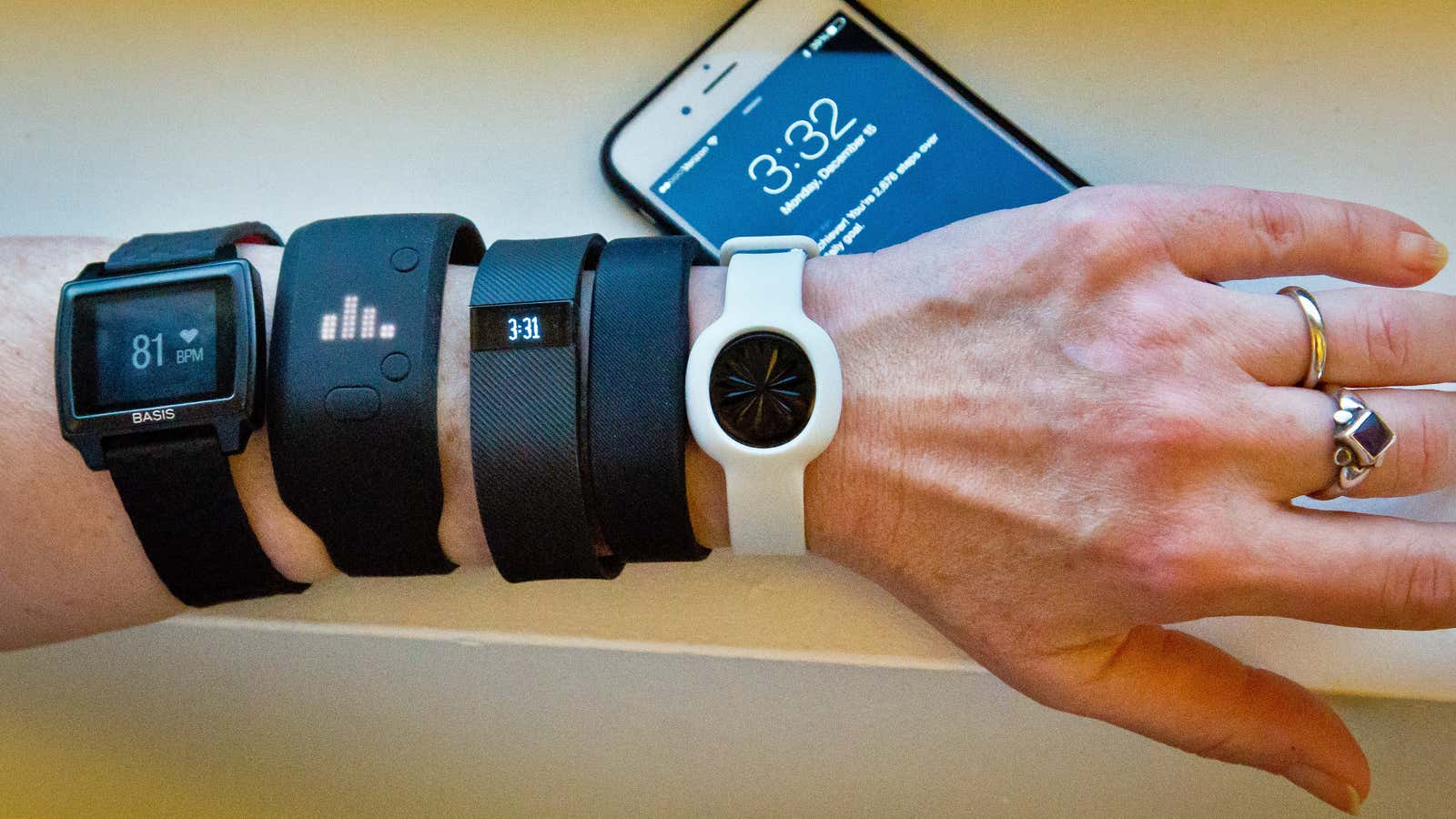Wireless internet, or Wi-Fi, is ubiquitous. But it consumes a lot of energy from our devices, which kills the battery life of our smartphones, smartwatches, and other smart gadgets.
A group of researchers from the University of Washington have come up with a solution they call “passive Wi-Fi.”
The invention, announced yesterday (Feb. 23), helps devices use Wi-Fi with 10,000 times less power than we normally use when we wirelessly connect to the internet. Compared to other wireless technology, like Bluetooth Low Energy connections, it is 1,000 times less power intensive. The team is presenting a paper on the discovery in March at the 13th USENIX Symposium on Networked Systems Design and Implementation, and the invention is already making waves—MIT Technology Review listed it as one of the 10 breakthrough technologies of 2016.
Using Wi-Fi without virtually any power could revamp the Internet of Things by eliminating the need for a battery. As a result, passive Wi-Fi connections could help make devices extremely cheap, and as smart smoke detectors, watches, lights, and other home accessories get connected to the internet, keeping them cheap is imperative. One company, Jeeva Wireless, is already trying to bring “passive Wi-Fi” to the market, and early tests are promising, says MIT Technology Review.
Not only does this passive Wi-Fi use less energy, but it’s fast, too: 11 times faster than Bluetooth connections.
“We wanted to see if we could achieve Wi-Fi transmissions using almost no power at all…That’s basically what Passive Wi-Fi delivers. We can get Wi-Fi for 10,000 times less power than the best thing that’s out there,” said co-author and assistant professor Shyam Gollakota in a press release.
